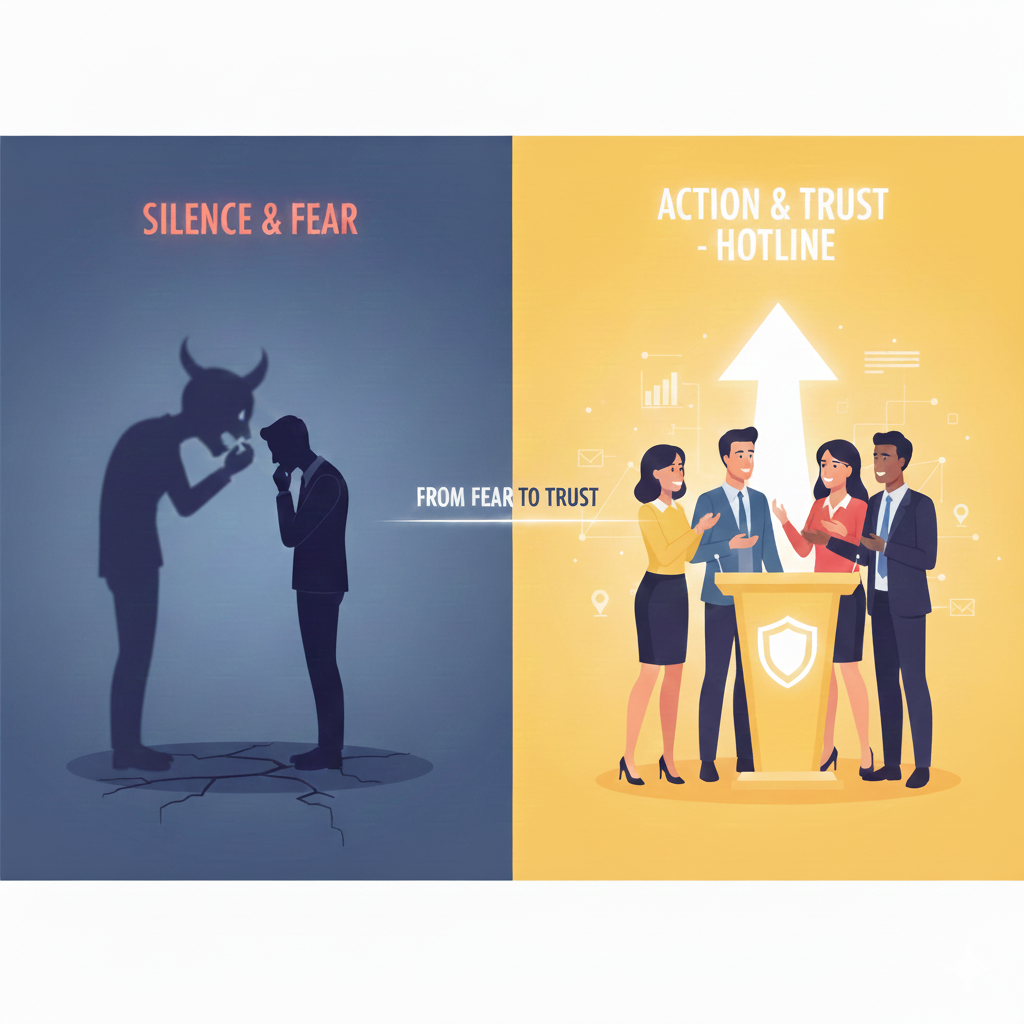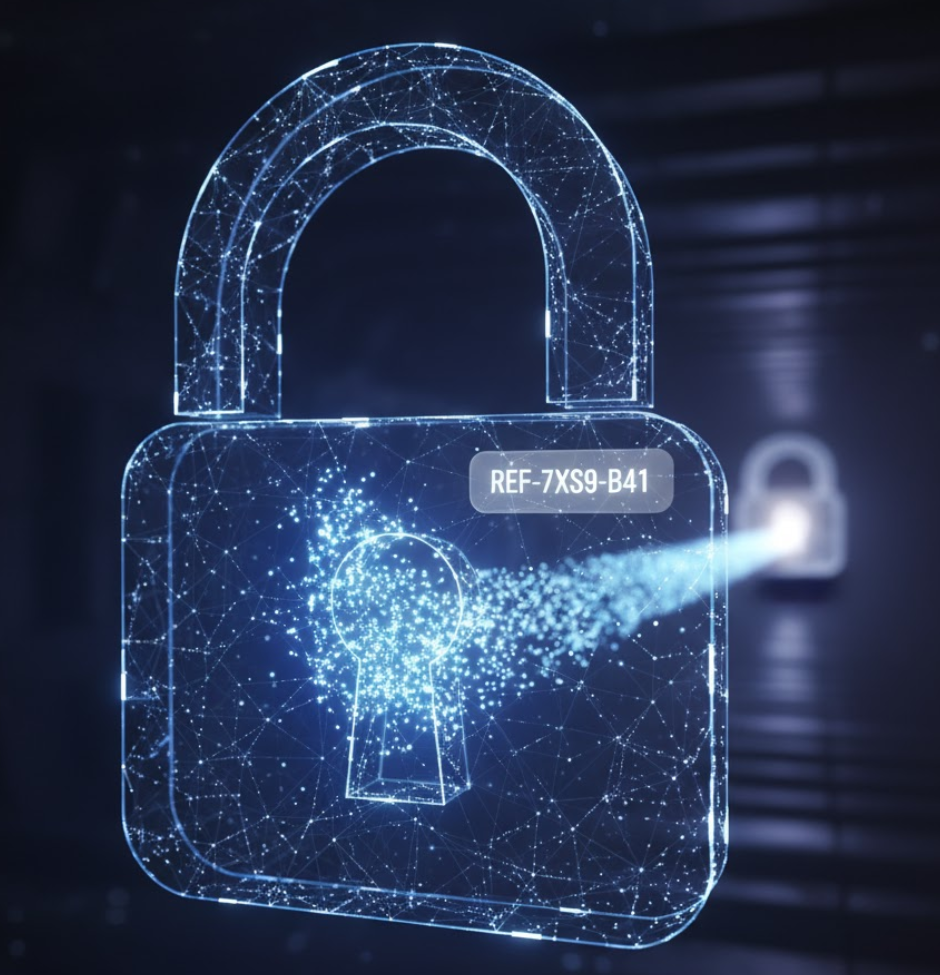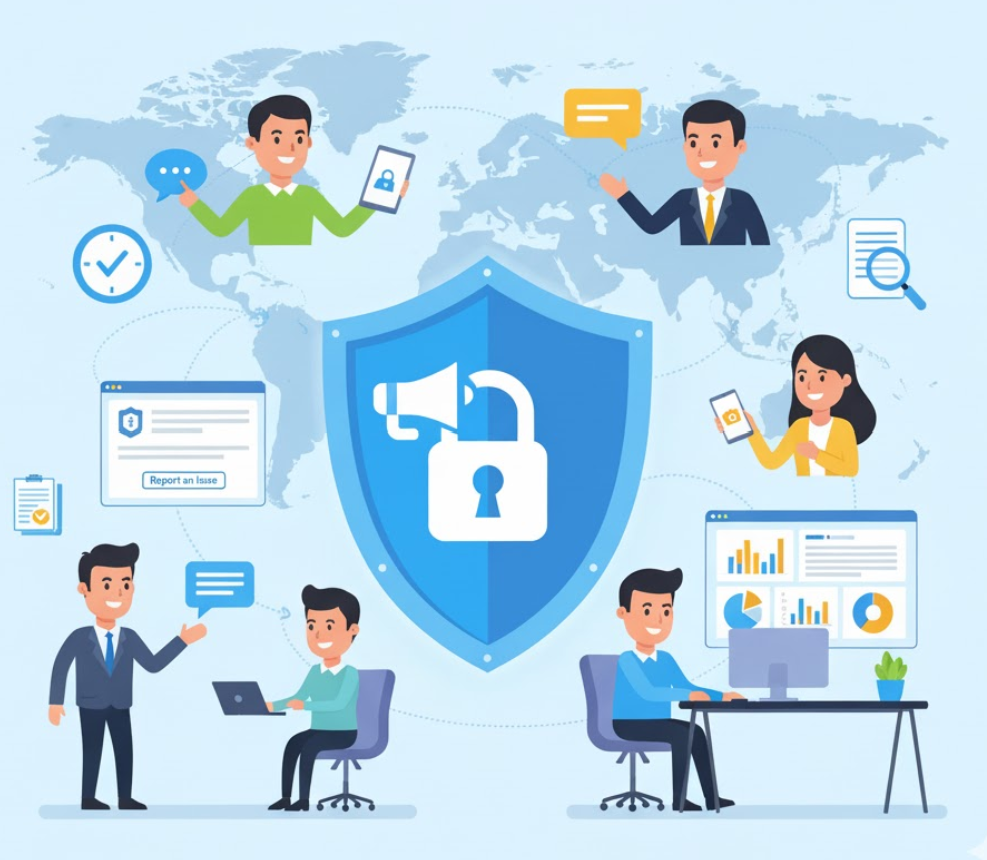
When people think of whistleblower hotlines, they often picture Fortune 500 companies with sprawling compliance departments and global operations. It’s easy to assume that only large corporations need such systems and that there is no hotline service for a small organization. But here’s the truth: small organizations face the same risks—sometimes even greater ones—when it comes to fraud, misconduct, and ethical breaches.
In fact, smaller entities often operate with tighter margins, making every dollar lost to fraud or litigation far more damaging. This article busts the myth that ethics hotlines are “corporate-only” tools and explains why they’re essential for small organizations.
The Myth: “A Hotline Service for a Small Organization Does Not Exist”
Many small organizations believe:
- “We know everyone personally—issues will come to us directly.”
- “Fraud only happens in big companies.”
- “A hotline is too expensive for our size.”
Unfortunately, these assumptions create blind spots. Employees may hesitate to report concerns directly to leadership for fear of retaliation or damaging relationships. And fraud? It’s not size-dependent—it’s opportunity-dependent.
The Reality: Small Organizations Are Vulnerable
According to the Association of Certified Fraud Examiners (ACFE), organizations lose 5% of annual revenue to fraud, regardless of size. For small organizations, that percentage can be catastrophic. ACFE also reports that fraud schemes in smaller entities often last longer because oversight is limited and internal controls are weaker.
Common risks include:
- Financial fraud: Expense reimbursement schemes, billing fraud, payroll manipulation.
- Harassment and discrimination: Smaller teams don’t eliminate interpersonal issues.
- Safety violations: Especially in industries like construction, healthcare, or manufacturing.
- Regulatory non-compliance: Even small nonprofits and businesses face legal obligations.
Why Independence Matters
Small organizations often rely on internal reporting—HR, a manager, or even the owner. While well-intentioned, this approach creates barriers:
- Fear of retaliation: Employees worry about losing their job or damaging relationships.
- Perceived bias: If the accused is close to leadership, employees assume nothing will change.
- Confidentiality concerns: Internal channels rarely guarantee anonymity.
An independent hotline service for a small organization solves these problems by providing:
- True anonymity: Employees can report without revealing their identity.
- Neutrality: Reports go to a third party, reducing bias and increasing trust.
- 24/7 access: Employees can speak up anytime, not just during office hours.
The Cost Argument: Affordable and High ROI
Hotlines are not just for deep-pocketed corporations. Modern providers offer cost-effective solutions tailored for small organizations, often starting at just a few dollars per employee per year.
Consider the math:
- Median fraud loss for organizations: \$145,000 per case (ACFE data).
- Hotline cost: Often below $1,000.00 per year for smaller organizations
- ROI: Preventing even one incident pays for the hotline many times over.
Beyond fraud prevention, hotlines reduce:
- Legal costs: Fewer lawsuits and settlements.
- Regulatory fines: Compliance readiness avoids penalties.
- Reputational damage: A single scandal can cripple a small organization’s credibility.
Hotlines Build a Speak-Up Culture
For small organizations, culture is everything. A hotline signals:
- Commitment to ethics: Leadership values transparency and accountability.
- Employee empowerment: Staff feel safe raising concerns without fear.
- Proactive risk management: Issues are addressed before they escalate.
This cultural benefit often translates into higher employee engagement and retention, which is critical for small teams.
Common Objections—and How to Overcome Them
“We’re too small for misconduct.”
Reality: Fraud and harassment occur in organizations of all sizes. Smaller teams often lack formal controls, making them more vulnerable.
“Employees can just come to me.”
Reality: Fear of retaliation and personal relationships often silence employees. Independence removes that barrier.
“It’s too expensive.”
Reality: Compared to the cost of one lawsuit or fraud case, a hotline is a bargain.
Features That Matter for Small Organizations
When choosing a hotline provider, look for:
- Scalable pricing: Pay for what you need, not enterprise-level features.
- Multi-channel reporting: Phone, web, and other options.
- Case management: For documenting and resolving issues identified.
- Data security: Encryption and secure storage to protect sensitive information.
Final Thoughts
Ethics hotlines aren’t a luxury—they’re a necessity for organizations of all sizes. A hotline service for a small organization provides affordable protection against financial loss, legal risk, and cultural erosion. Most importantly, they build trust—a priceless asset in any workplace.
If you’ve been thinking, “We’re too small for a hotline,” it’s time to rethink. The cost of doing nothing is far greater than the cost of prevention.
Ready to Protect Your Organization?
Learn how Red Flag Reporting can help small organizations implement a secure, independent hotline that fits your budget. Contact us.
Learn more about what an ethics hotline is here.
Reach Us
Red Flag Reporting
P.O. Box 4230, Akron, Ohio 44321
Tel: 877-676-6551
Fax: 330-572-8146



